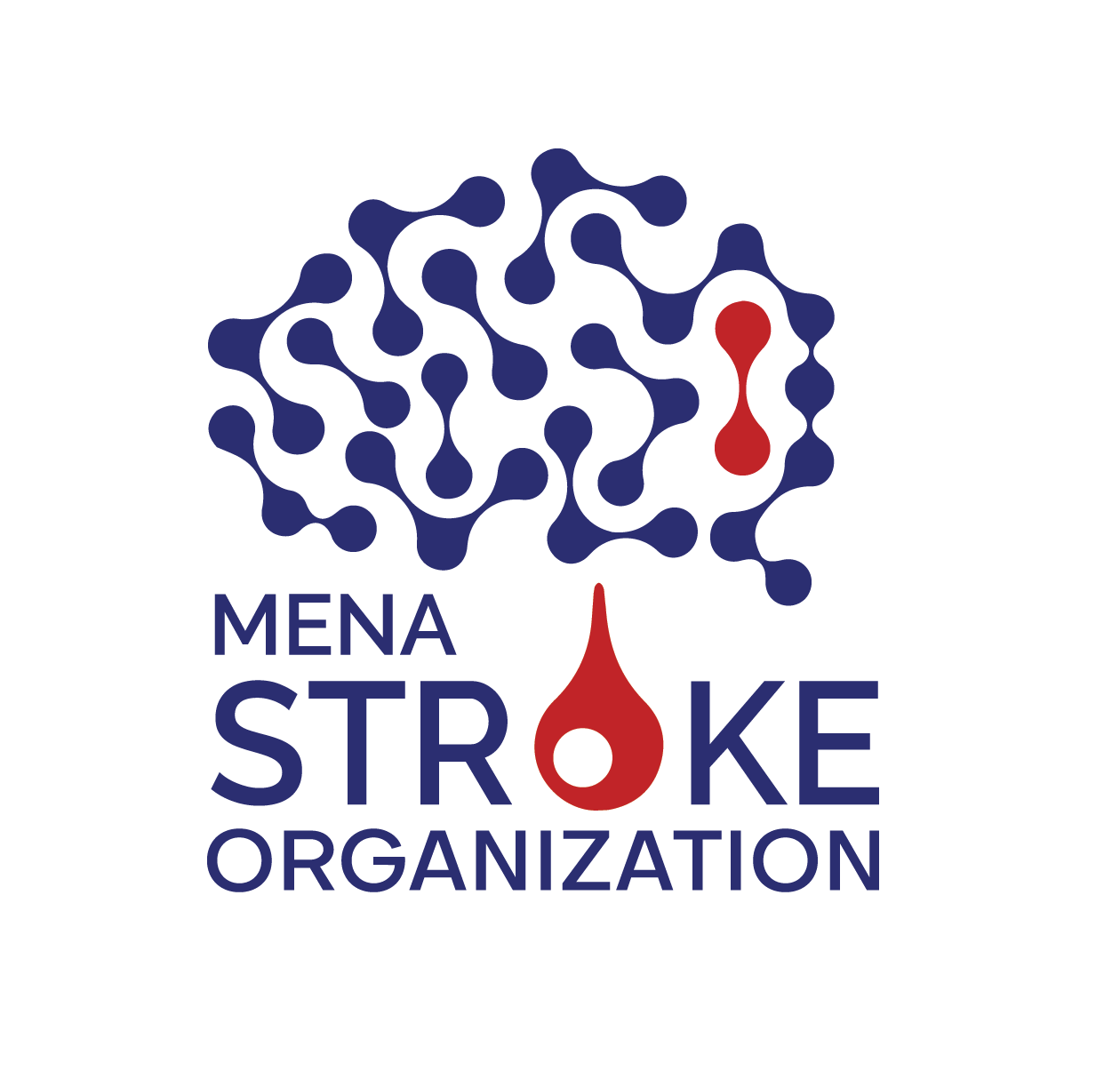The 2nd MENASO: Cerebrovascular Grand Round Webinar has brought another trophy of unrivaled success when it reached a total of 890+ attendees across the United Arab Emirates and also to acknowledge the active participation of delegates all around the world on Tuesday, February 16, 2021 under the sponsorship of Medtronic and Boehringer Ingelheim in collaboration with MENA STROKE.
The list of panelists for this Grand Round were all hailed from Egypt with outstanding backgrounds in the study of Neurology. Together, they have discussed the complex management, diagnosis, and treatment of Cerebrovascular Diseases, highlighting a very comprehensive insights for better cerebral reach.
Opening the virtual floor was Chairman and co-Moderator Prof. Hany Mohamed Aref, Head of Neurology Department at Ain Shams University, Egypt, “We’re very happy to announce the 2nd wave of MENASO Grand Round. This is an educational program we started at the MENASO, spreading the knowledge across the different areas of stroke and we are very pleased today to have with us very imminent speakers from Egypt.”
Prof. Hossam Salah, Professor of Neurology at Cairo University, Egypt has introduced Dr. Asmaa Sabbah, Assistant Professor of Neurology at Cairo University, Egypt as the first speaker.
On her case 1 presentation, Dr. Asmaa Sabbah has discussed Acute Ischemic Stroke; Investigating Etiology beyond The Existing Risk Factors. The complexity of the 66-year-old female patient, known case of AF, hypertesion and dyslipidemia has been carefully investigated throughout the clinical data presented in which it draws us to the conclusion that a pressing need in the management of NPSLE is the appropriate attribution of symptoms to either primary inflammatory pathology or secondary consequences of the general SLE disease burden.
Prof. Ahmed Elbassiouny, Professor Intervention at Ain Shams University Medical School, Egypt on his topic of New Updates In Mechanical Thrombectomy For Acute Ischemic Stroke Patients has shared his comprehensive insights in which he cited a 52 years old female patient with sudden AF. He further explained Intravenous thrombolysis with heparinisation as guidelines for myocardial infarction. According to his clinical study, in stroke only pilot study was done showed that risk of symptomatic hge was 8.4% versus 4% in thrombolysis only group.
Prof. Tamer Roushdy, Department of Neurology and Psychiatry – Medicine at Ain Shams University, Egypt has walked us through the mythical history of the so-called Ondine’s Curse, a revisited discussion in which he intricately explain that the Ondine’s Curse is based upon Ondine, a fabled mermaid daughter of Poseidon who fell in love with a mortal named Hans. Known for her immortality, the moment Ondine married Hans, she also lost her immortality. It was a tragic love story because Hans left Ondine for another woman and thus, angered Poseidon and cursed him, nay, disabling him of his automatic body functions. As the story suggests, the importance of automatic control of ventilation during sleep can be cited to a 57-year-old diabetic male patient with recurrent cerebrovascular strokes dating 2013 and 2016 (mRS 1). Based on his study, the patient who was asleep for twelve hours has developed cardiopulmonary arrest and was subjected to cardiopulmonary resuscitation and assisted ventilation (BiPAP mode), and two days later he was shifted to CPAP, however he suffered recurrent attacks of apnea at night and was placed on BiPAP mode.
In a twist of fate, Saving Hans was actually based on Stroke cases spanning across Lateral medullary infarction as evident by coronal cuts of diffusion MRI, the desaturation with hypoventilation up to Brady arrest on going to sleep, the Polysomnography confirming central sleep apnea, and to the use of portable ventilation while sleeping.
Save the date for the 3rd MENASO: Cerebrovascular Grand Round Webinar on March 24, 2021!
